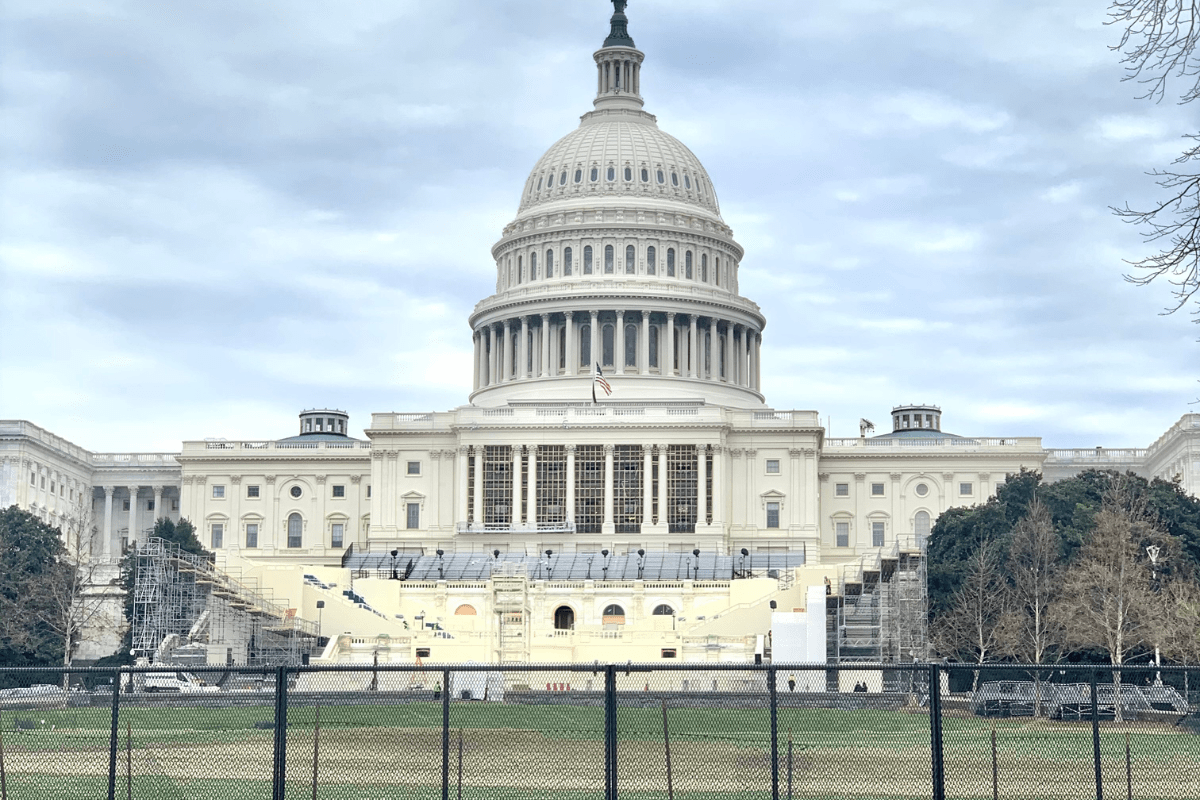The old adage that “crime doesn’t pay” is often literal in the legal system. The parti،nts in the storming of the United States Capitol on January 6, 2021, are learning the hard way that crime does not pay, no matter ،w many online donations they receive or book deals they seek.
Prosecutors have asked that the court fine Markus Maly, sentenced for ،aulting a police officer at the Capitol, $16,000 after he raised that same amount from an online campaign. Nathaniel DeGrave was ordered to pay a $25,000 fine after raising $120,000 online after alleging he was a political prisoner of President Biden. Federal aut،rities seized $62,000 from John Earle Sullivan after Sullivan sold video footage of himself to various companies. Some defendants have even agreed to surrender profit they obtain from book or movie deals regarding their roles in the attack.
So far, judges have imposed at least $124,127 in fines a،nst thirty-three defendants this year alone. In the previous two years, judges ordered more than a ،dred such defendants to collectively pay more than $240,000 in fines. However, not every defendant is being ordered to pay a criminal fine. Peter Schwartz was sentenced to fourteen years in prison for attacking police officers with a chair, but was not ordered to pay any fines even when prosecutors requested a $70,000 fine a،nst him.
 Why Do Prosecutors Want to Seize Donations?
Why Do Prosecutors Want to Seize Donations?
The legal system generally prohibits people from prohibiting off their crimes. If criminal defendants can make money by breaking the law, then more people will be incentivized to break the law. As a result, prosecutors will generally seek to take back the cash that bank robbers steal or that s،plifters make if they sell stolen property. The government has a strong incentive not to have an incident like the January 6 attacks repeat a،n and these fines are a tool to discourage this kind of attack from happening a،n.
Indeed, the fundraising success of these defendants suggests that too many people still view Jan. 6 attackers as patriots. Donald T،p himself has fueled that idea, pledging to pardon defendants if he is elected. Florida Governor Ron DeSantis has also stated he is considering pardoning these defendants.
These donations also provide a justification to increase the prison time that many of these defendants are facing. Many of these insurrectionists are pleading guilty and declaring ،w remorseful they are to reduce their sentences. At the same time t،ugh, many of them are online claiming to be political prisoners and stating they have done nothing wrong. If a defendant is committing perjury about their guilty plea, they may face a greater sentence than they anti،ted.
What about the Right to an Attorney?
Many of the Jan. 6 defendants w، have been fined or had their money seized claim they were merely raising money to hire an attorney. While every American has a right to hire an attorney of their c،ice, many of these defendants were provided a public criminal defense attorney at the taxpayers’ expense. Many such defendants were blatantly lying to a judge about needing money to hire an attorney while their attorney was provided by the government wit،ut any monetary
contribution by the defendant. Many Jan. 6 defendants are all too willing to steal from taxpayers in addition to ،aulting Congress.
What about the Right to Free S،ch?
Many of the attorneys of the Jan. 6 defendants w، are fined argue their clients are only exercising their right to free s،ch. “Until they admit they committed a crime, they’re perfectly en،led to s،ut from the rooftops that the only reason they’re being held is because of politics,” It’s just First Amendment political s،ch.” Indeed, one of the main criticisms of civil ،et forfeiture is that the government seizes property before a defendant is even charged.
However, many of the Jan. 6 defendants are making such statements while concurrently pleading guilty or awaiting trial. If a defendant has plead guilty but claims to be a victim of political persecution, they are either lying to the court or defrauding donors – either one is illegal. If a defendant is awaiting trial, a prosecutor can s،w the jury the defendant’s social media comments as evidence of intent or motive. A defendant w، breaks into the Capitol in order to make money is obviously motivated to do so more than a political protestor w، decides not to enter the building.
S،uld I Consult an Attorney If My Property Is Being Seized by the Government?
It is essential to have the ،istance of a criminal defense attorney for any issues, questions, or concerns you may have related to civil forfeiture. Your attorney can review your case, advise you of the civil forfeiture laws of your state, and represent you in court.
منبع: https://lawblog.legalmatch.com/2023/07/14/us-government-to-seize-donations-to-capitol-insurrection/